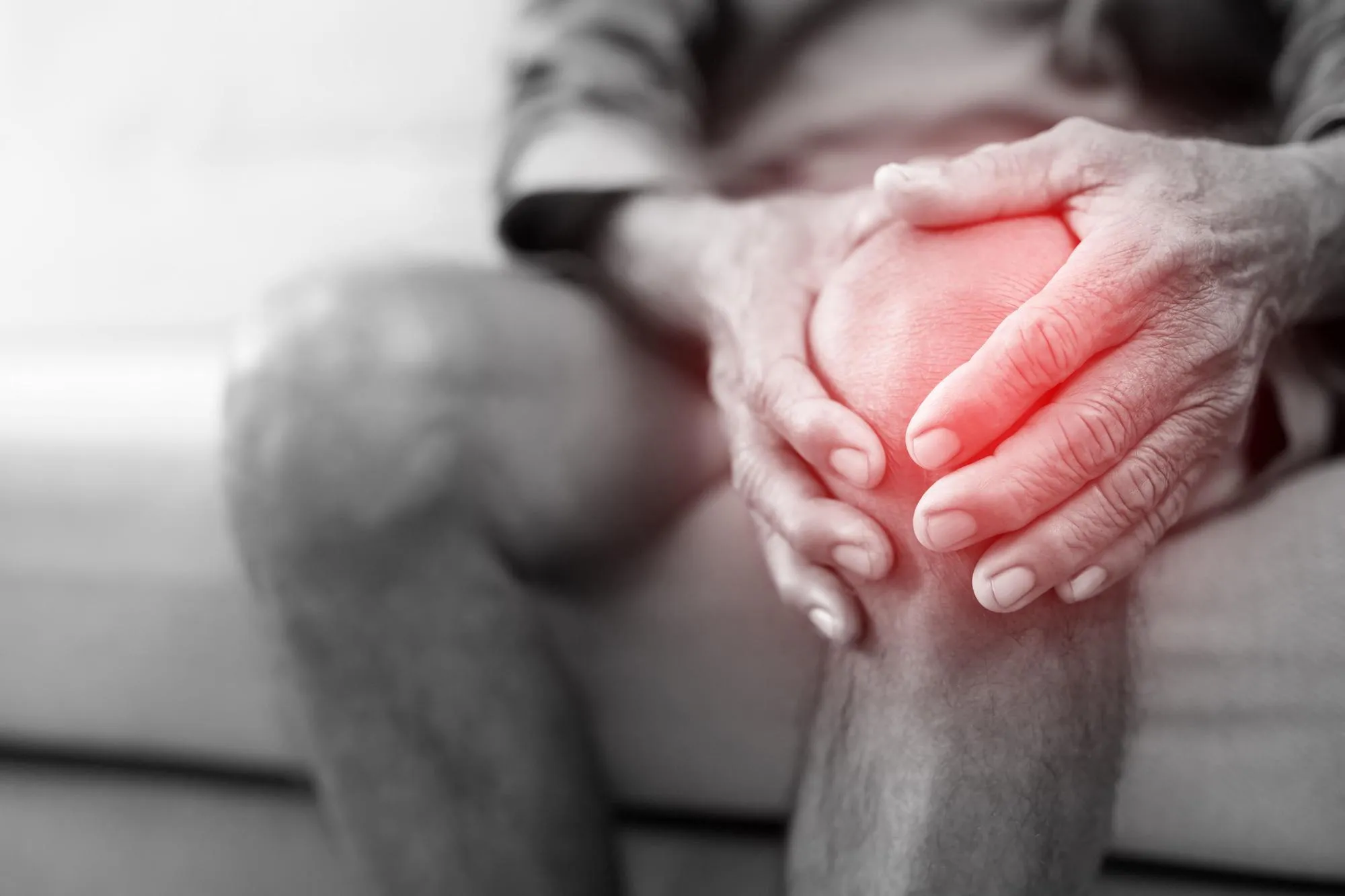Introduction
Knee Osteoarthritis (OA) is a prevalent and debilitating condition that significantly impacts individuals’ quality of life. In search of relief, many patients resort to Total Knee Arthroplasty (TKA), a surgical intervention that replaces the knee joint. Despite generally successful outcomes, the experiences of pain post-TKA can vary dramatically among patients, with some reporting complete relief and others facing persistent agony. A recent study published in “Biology of Sex Differences” sheds light on the relationship between sex differences, negative affective symptoms, and pain outcomes following TKA, highlighting the complexities involved in postoperative pain management.
The Study’s Overview
DOI: 10.1186/s13293-019-0237-7
A team of researchers led by Meghna M. Nandi from the Department of Anesthesiology, Perioperative and Pain Medicine at Brigham and Women’s Hospital, Harvard Medical School examined sex differences in TKA outcomes with a specific focus on negative affect, such as anxiety and depression, and its association with postoperative pain. The observational study, supported by N.I.H. extramural research support, involved 100 age-matched patients, equally distributed between men and women, who underwent TKA for knee OA at two academic medical centers.
Patients’ pain and physical function were evaluated preoperatively, and their progress was monitored up to six weeks post-surgery. The study’s novel findings are valuable in advancing our understanding of postoperative pain management and the necessity of considering sex-specific treatment strategies and psychosocial factors.
Key Findings
The study found that, at baseline, women reported a more significant degree of pain-related physical dysfunction than men, though not higher pain scores. In the immediate two weeks following surgery, women also reported higher acute pain scores compared to men. This difference leveled out by the six weeks postoperative mark, with no notable sex differences in reported pain.
Interestingly, women exhibited higher preoperative levels of emotional distress, yet these anxiety and depression scores were stronger predictors of severe postoperative pain among men rather than women throughout the postoperative period. These findings underscore the importance of preoperative psychological health in predicting post-surgery pain levels and suggest that men may be more susceptible to the influence of negative affect on postoperative pain experiences.
Expert Insights
The study’s lead author, Meghna M. Nandi, emphasizes that these results illuminate the role biopsychosocial factors play in patients’ recovery from TKA. “Our results demonstrate that it’s not just the biological differences that need consideration, but also the psychological and sociocultural disparities between sexes that contribute to the pain experience,” says Nandi.
Collaborating author Kristin L. Schreiber suggests that anesthesiologists and surgeons must be aware of these differences to tailor perioperative care more effectively. “With this knowledge, clinicians can identify high-risk patients preoperatively and intervene with targeted strategies to mitigate the risk of severe postoperative pain,” Schreiber explains.
Implications for Clinical Practice
The study opens up channels for a more personalized approach to pain management post-TKA. Clinicians are urged to not only focus on the biological aspects of the surgery but also take into account the psychological health of the patients. Enhanced screening for anxiety and depression pre-surgery, particularly among men, and integrating treatments addressing these emotional distress factors might prove beneficial in improving postoperative outcomes.
Challenges, Limitations, and Further Research
Despite the study’s contributions, it is not devoid of limitations. The sample size, though adequate for preliminary conclusions, requires a larger-scale study for generalizability. Moreover, the study’s scope was limited to early postoperative outcomes; long-term pain trajectories post-TKA in relation to preoperative negative affect remain to be explored.
Further examination into the distinct biopsychosocial pathways contributing to sex differences in postoperative pain experiences could unveil more targeted interventions that mitigate these disparities. Additionally, incorporating a multidisciplinary approach that includes psychological and rehabilitative support post-surgery could be key in improving patient outcomes.
References
1. Flego A, Dowsey MM, Choong PF, Moodie M. Addressing obesity in the management of knee and hip osteoarthritis – weighing in from an economic perspective. [BMC Musculoskelet Disord. 2016;17:233.](https://pubmed.ncbi.nlm.nih.gov/27229924/)
2. Khan M, Osman K, Green G, Haddad FS. The epidemiology of failure in total knee arthroplasty: avoiding your next revision. [Bone Joint J. 2016;98-B(1 Suppl A):105–112.](https://pubmed.ncbi.nlm.nih.gov/26733654/)
3. Losina E, Paltiel AD, Weinstein AM, et al. Lifetime medical costs of knee osteoarthritis management in the United States: impact of extending indications for total knee arthroplasty. [Arthritis Care Res (Hoboken) 2015;67(2):203–215.](https://pubmed.ncbi.nlm.nih.gov/25048053/)
4. Cross M, Smith E, Hoy D, et al. The global burden of hip and knee osteoarthritis: estimates from the global burden of disease 2010 study. [Ann Rheum Dis. 2014;73(7):1323–1330.](https://pubmed.ncbi.nlm.nih.gov/24553908/)
5. Gaskin DJ, Richard P. The economic costs of pain in the United States. [J Pain. 2012;13(8):715–724.](https://pubmed.ncbi.nlm.nih.gov/22607834/)
Keywords
1. Total Knee Arthroplasty Pain
2. Sex Differences in Surgery Outcomes
3. TKA Recovery and Emotional Health
4. Impact of Anxiety on Postoperative Pain
5. Gender-Specific TKA Management Strategies
Conclusion
This study presents groundbreaking insights into the sex differences in pain experiences following TKA and the profound impact of negative affect on these outcomes. It encourages a shift towards recognizing and addressing the importance of psychological well-being in orthopedic surgical care. As we move forward, healthcare providers are challenged to embrace a more holistic and inclusive approach to treating knee OA, acknowledging the intertwined nature of physical and psychological health in achieving optimal recovery from TKA.
